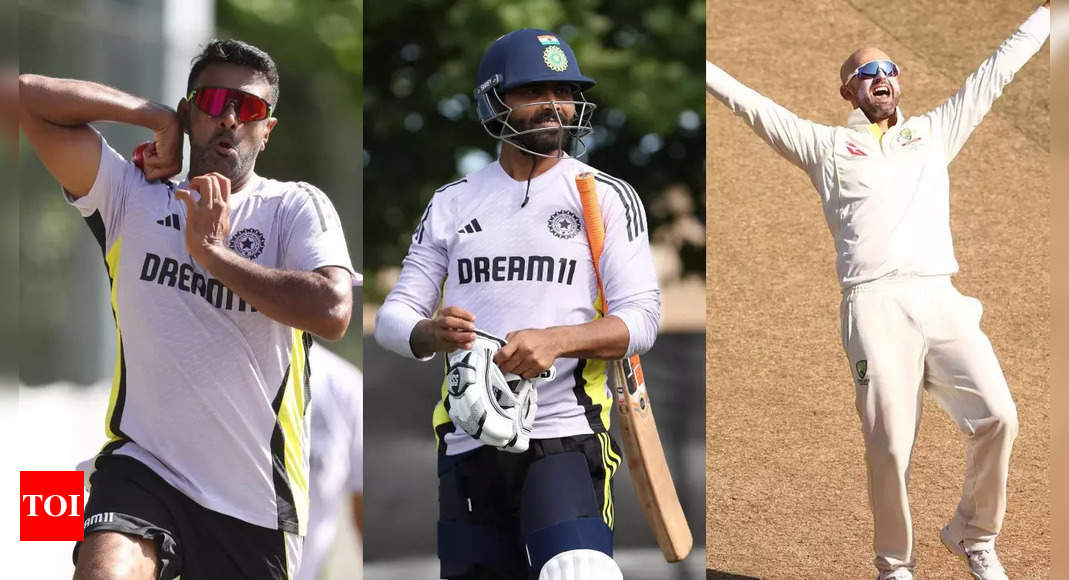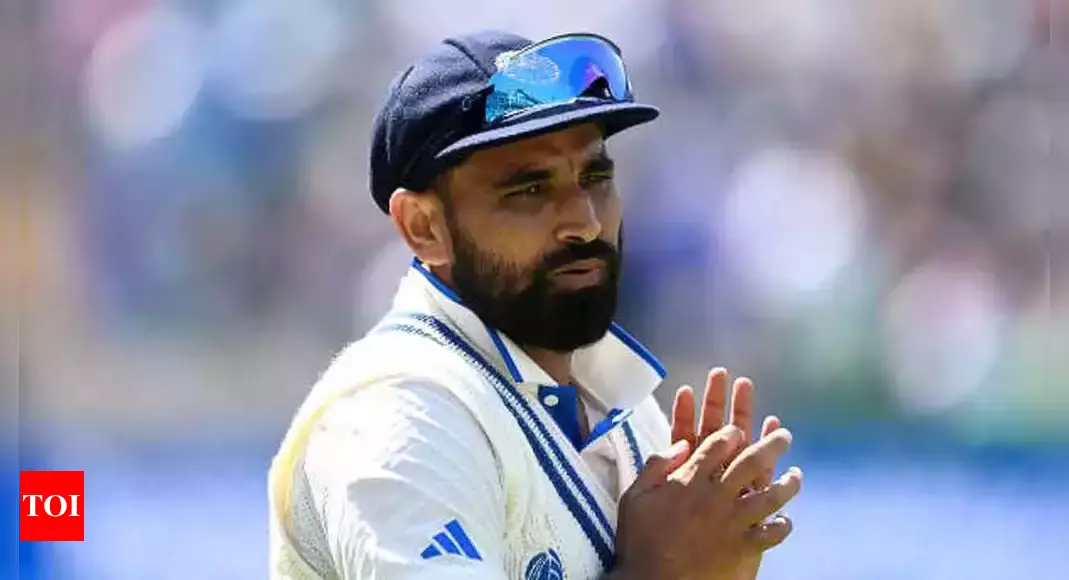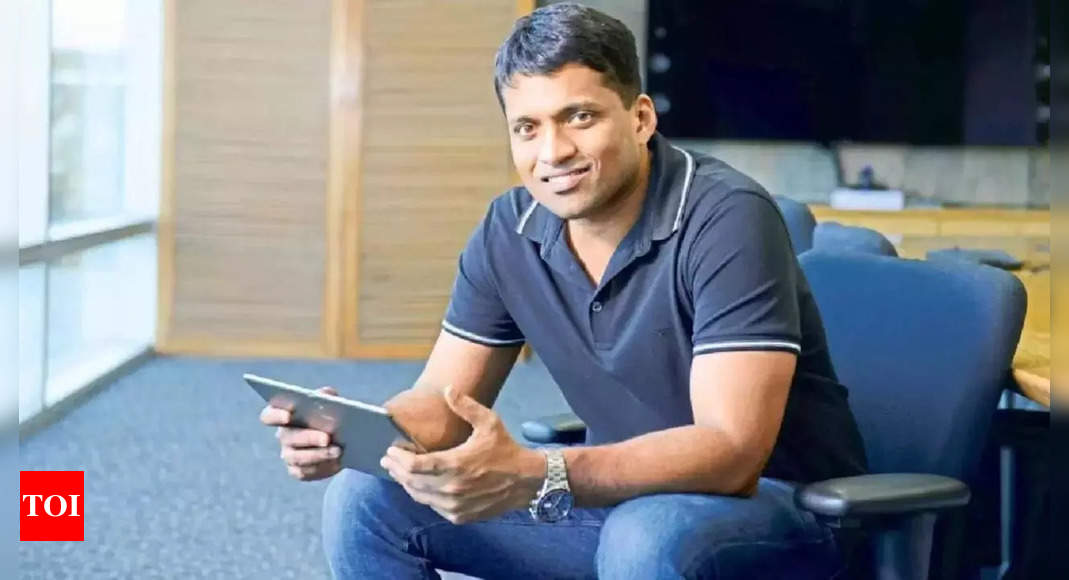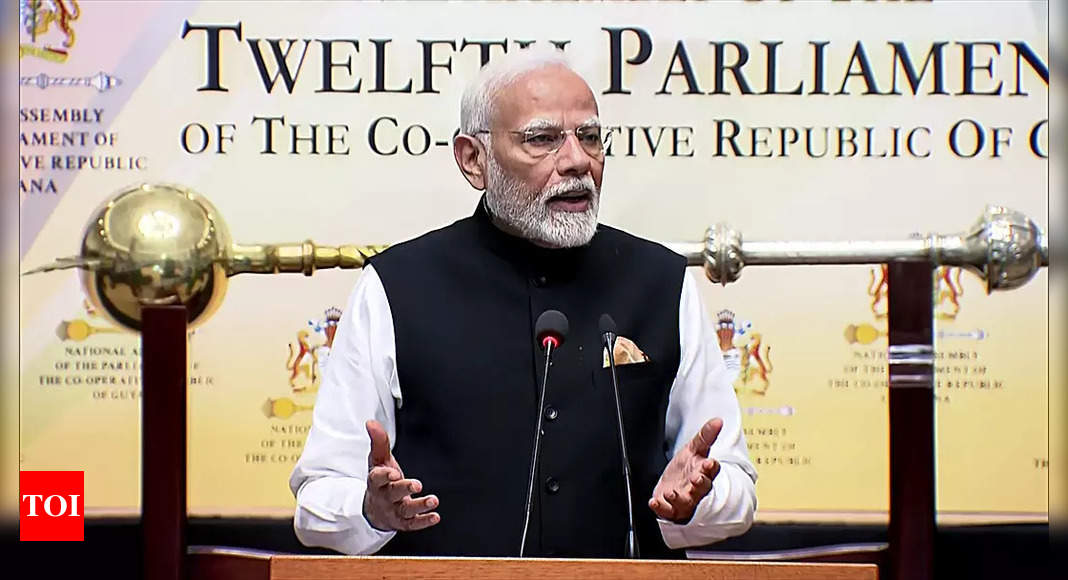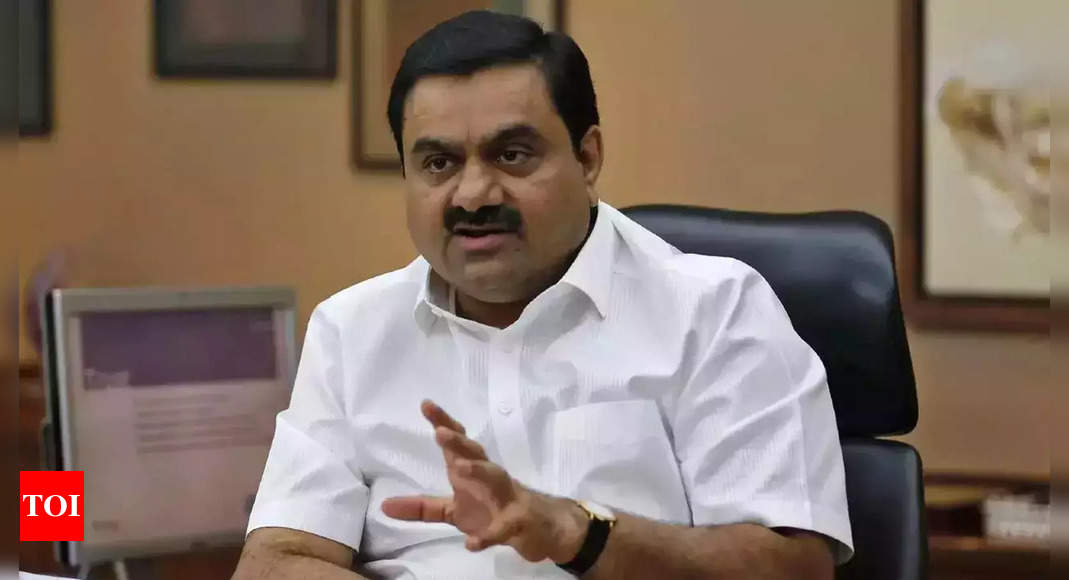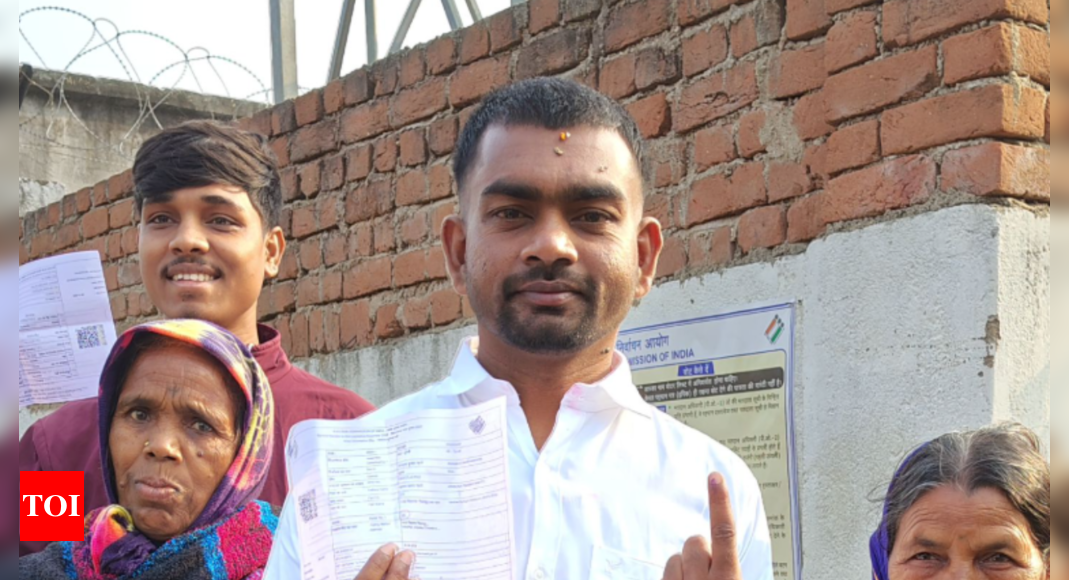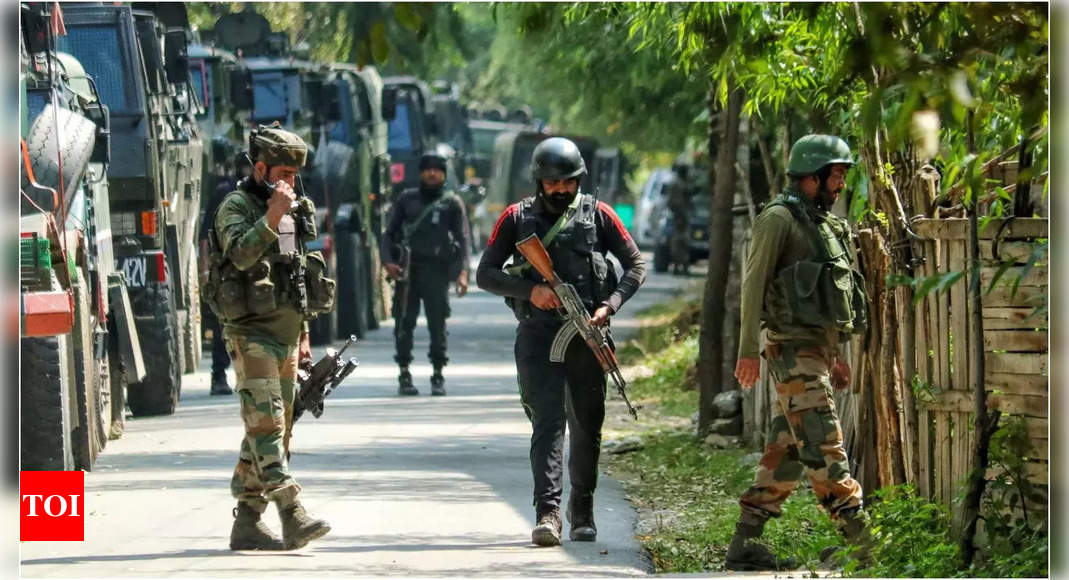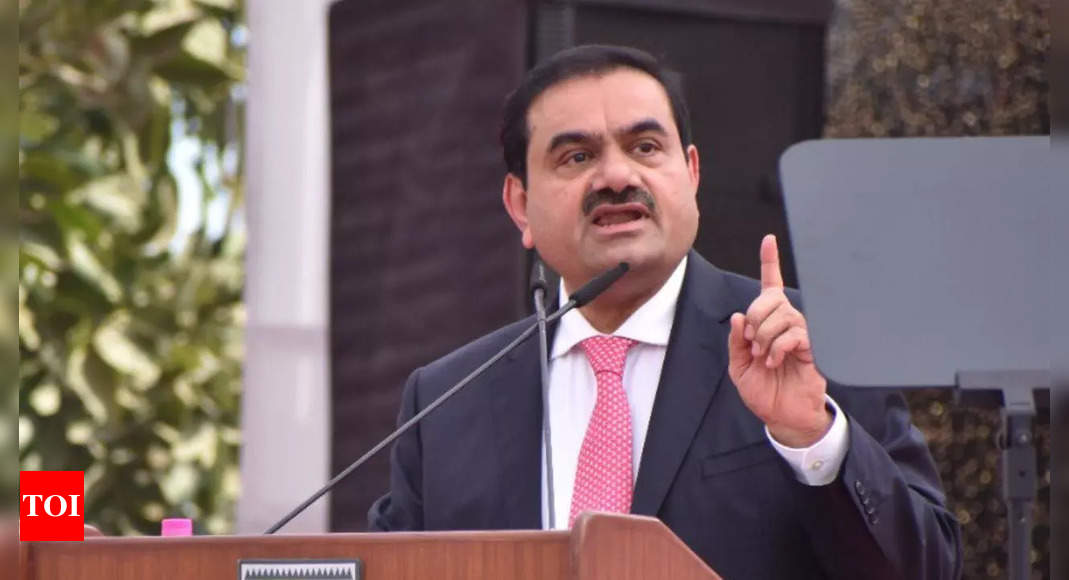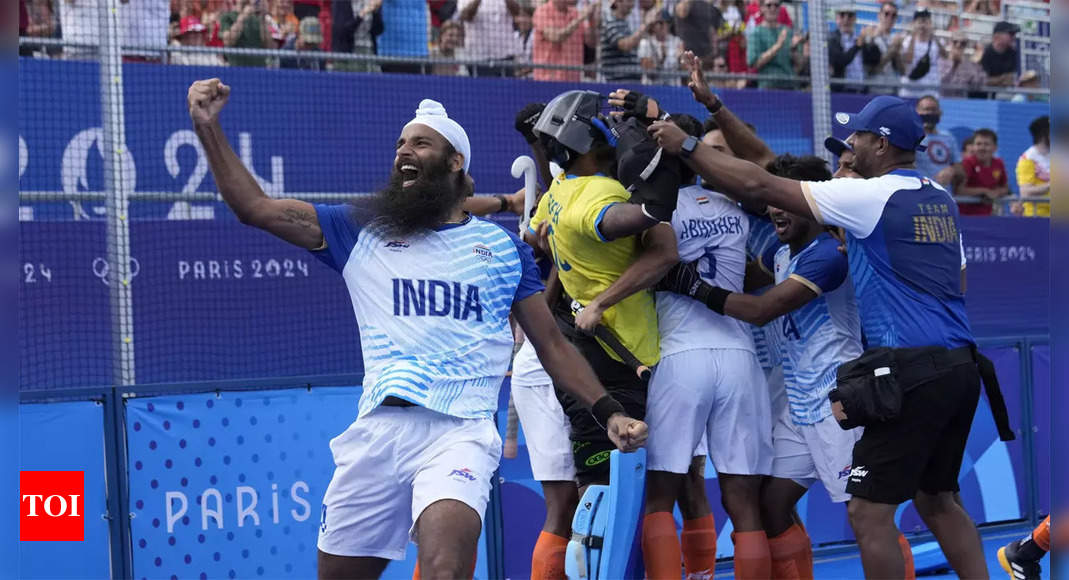
The point of reference is obvious for those having their eyes on Paris. India are playing Germany in the semifinal of the Summer Olympics.
A place in the final, confirmation of a medal — the stakes are pretty high, even higher for India, who haven’t played an Olympic hockey final for 44 years and have not won successive hockey medals at the Games for 52 years. And PR Sreejesh will hope that he finishes his career with a medal in the biggest game of his iconic career, an Olympic final.
For each of the above to happen, India will have to beat Germany.
A little part of the narrative for the Germans is also revenge. The wounds of that epic bronze-medal match at the Tokyo Olympics are fresh at three years old. The Germans sank into the turf after ending on the wrong side of 5-4 final score, while the Indians celebrated a long-awaited return to the Games’ podium after 41 years.
(PTI Photo)
The storyline of Tuesday’s semifinal has enough sub-plots to make any player nervous. But this Indian team has played like one that doesn’t carry butterflies requiring Dr. Rajendra Kalra’s psychological tricks to settle.
Forty-nine years ago, Dr Kalra, a physician settled in Chandigarh, was named as the official doctor of the Indian team travelling to Kuala Lumpur for the 1975 World Cup.
Before the final against Pakistan, a couple of players complained to him about a stomach ailment. Reading the players’ minds and it coinciding with the enormity of the occasion, Dr Kalra played a psychologist instead of a physician.
He asked the organisers for some jaggery and black sesame seeds. Once it was delivered to him, he melted the jaggery, added the sesame seeds to it and rolled the mixture into tiny balls resembling medicine pills.
Dr Kalra asked the jittery players to take that before stepping onto the field.
It worked. India won the World Cup. But not because of Dr Kalra’s pseudo pills, but because of 11 confident players on the field.
Back to Paris, this Indian team has come of age.
(PTI Photo)
If the win over Australia in the Olympics after 52 years was like claiming lost territory, coach Craig Fulton’s men turned its defence into fortresss in the quarterfinal. Playing with 10 men for over 40 minutes after Amit Rohidas was shown the red card, India put adversity to shame by not just holding Great Britain to 1-1 in 60 minutes, but also by stamping its authority in the shootout. India scored all four, Sreejesh saved two. A 4-2 (1-1) win took India to a second consecutive Olympic semifinal.
But that Rohidas red card, for flaying his stick in anger across the face of England striker Will Calnan, came back to haunt the Tokyo bronze medallists.
The defender, most importantly India’s first rusher on penalty-corner defence, was handed a one-match suspension and will sit out of the semifinal on Tuesday.
If there is one thing that can make India nervous before running into the Germans, it’s Rohidas’s unavailability, which hampers rolling substitutions, short-corner defence and a reduced drag-flick backup for skipper Harmanpreet Singh.
(Amit Rohidas being shown the red card in the quarterfinal against Great Britain – ANI Photo)
Where it can also hurt India is in manufacturing counter-attacks after a successful defence of a penalty corner, because one of the midfielders might have to be pulled back to complete the set of five in India’s post with Rohidas out on the suspension chair.
Perhaps one way to look beyond that disadvantage is that it remains 11 vs 11 on the battlefield. The dugout can take care of the 15 vs 16.
The massive occasion reminds of the comment once made by former India coach Michael Nobbs.
“You need to put coffins on the sidelines and give it your all when playing for your country,” the Australian once said.
(PR Sreejesh, left, with captain Harmanpreet Singh – Photo Source: X)
You can’t doubt this Indian team about giving it their all. If they can do it for 120 more minutes across two days in the French capital, the ‘Holy Grail’ will be back to where it belonged for eight Olympic editions, six of those in a row.
All roads for the Indians on Tuesday in Paris will lead to the Yves-du-Manoir Stadium, while millions back home cross their fingers.


